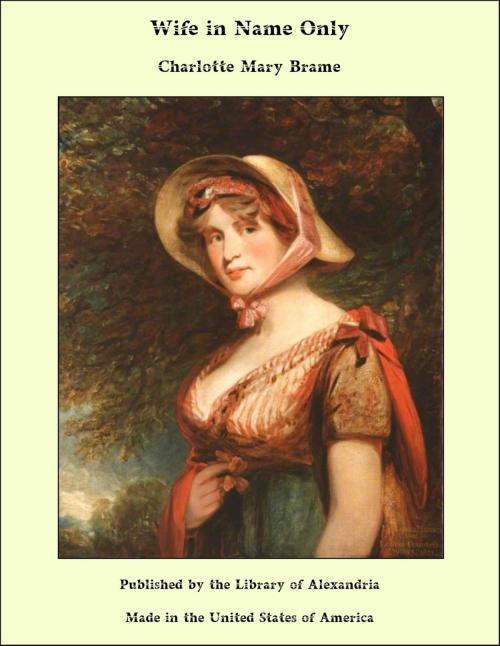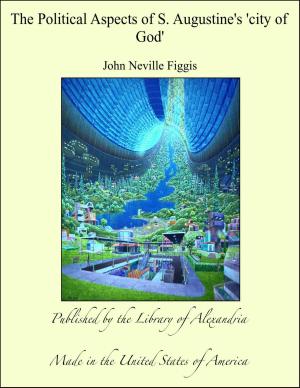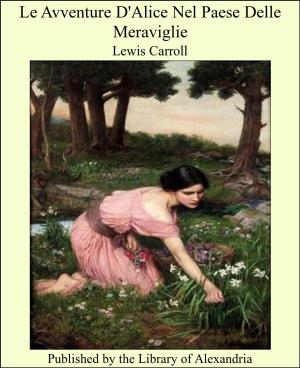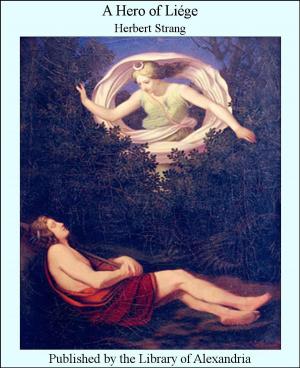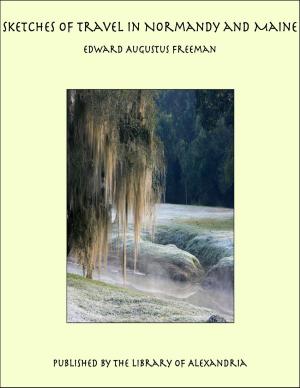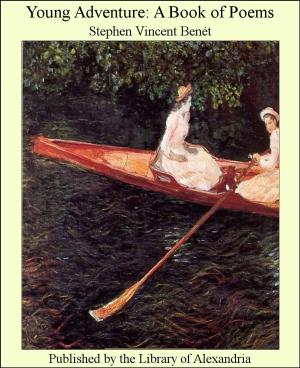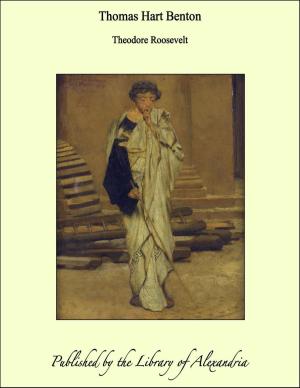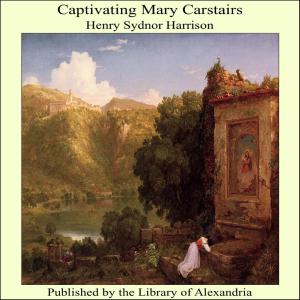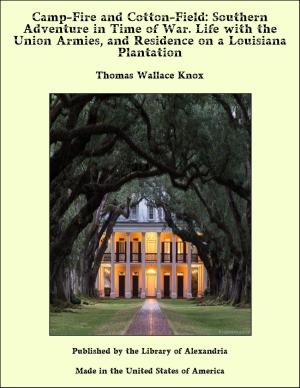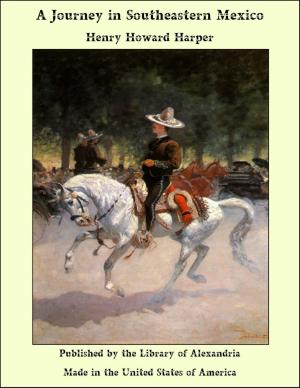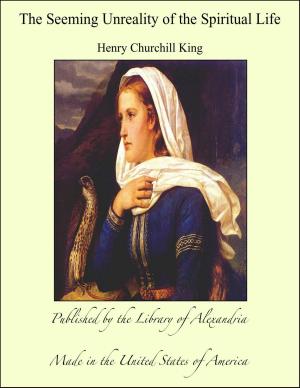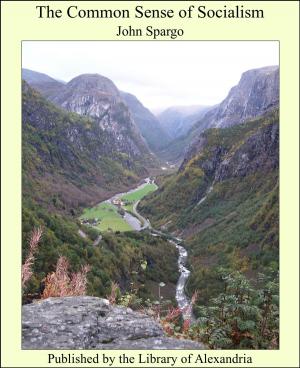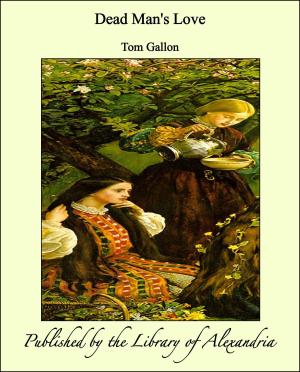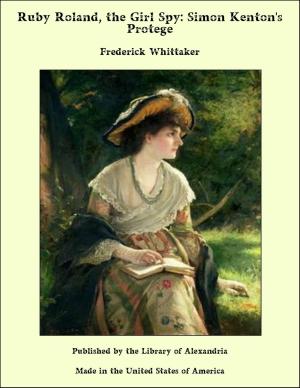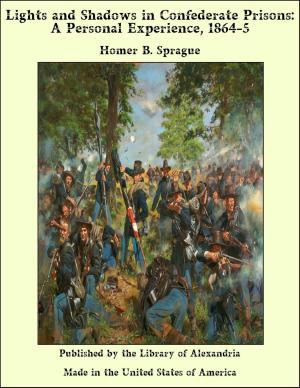| Author: | Charlotte Mary Brame | ISBN: | 9781465604637 |
| Publisher: | Library of Alexandria | Publication: | March 8, 2015 |
| Imprint: | Language: | English |
| Author: | Charlotte Mary Brame |
| ISBN: | 9781465604637 |
| Publisher: | Library of Alexandria |
| Publication: | March 8, 2015 |
| Imprint: | |
| Language: | English |
I cannot say that I am sorry, he continued, "for I love my wife very dearly; but I do wish now that I had been less hurried, less precipitate. My wife's great loveliness must be my excuse. She is the daughter of a poor curate, the Reverend Charles Trevor, who came two years ago to supply temporarily the place of the Rector of Lynton. He brought his daughter with him; and the first moment I saw her I fell in love with her. My heart seemed to go out from me and cleave to her. I loved her with what I can see now was the selfish ardor of a young man. I had but one thought--to win her. I wrote to my father, who was in Italy, and asked his consent. He refused it in the most decided manner, and told me to think no more of what after all was but a boy's fancy. He was then staying near the Lake of Como--staying for the benefit of his health--and I went over to see him. I pleaded, prayed, urged my great love--all in vain. The earl, my father, only laughed at me, and said all young men suffered from the fever called love. I came back to England, and found that Mr. Trevor was dead. Madaline, his daughter, was left alone in the world. She raised her beautiful face to mine, poor child, and tried to smile while she talked of going out into the world and of working hard for her daily bread; and, as I listened, my love seemed to grow stronger and deeper. I caught her in my arms, and swore that nothing should part us--that, come what would, she must be my wife. She was very unwilling--not that she did not love me, but because she was afraid of making my father angry; that was her great objection. She knew my love for him and his affection for me. She would not come between us. It was in vain that I prayed her to do as I wished. After a time she consented to a compromise--to marry me without my father's knowledge. It was a folly, I own; now I see clearly its imprudence--then I imagined it the safest and surest way. I persuaded her, as I had persuaded myself, that, when my father once knew that we were married, he would forgive us, and all would go well. We were married eleven mouths since, and I have been so happy since then that it has seemed to me but a single day. My beautiful young wife was frightened at the bold step we had taken, but I soothed her. I did not take her home to Wood Lynton, but, laying aside all the trappings of wealth and title, we have traveled from place to place as Mr. and Mrs. Charlewood, enjoying our long honeymoon. If we liked any one particular spot we remained in it. But a letter from Italy came like a thunderbolt--my father had grown rapidly worse and wanted to see me at once. If I had been content to go at once, all would have been well. I could not endure that he should die without seeing, loving, and blessing my wife Madaline. I told her my desire, and she consented most cheerfully to accompany me. I ought to have known that--in her state of health--traveling was most injurious; but I was neglectful of the fact--I listened only to my heart's desire, that my father should see my wife before he died. We started on our fatal journey--only this morning. At first my wife seemed to enjoy it; and then I saw all the color fading from her sweet face. I saw her lips grow white and tremble, and I became alarmed. It was not until we reached Castledene that she gave in and told me she could go no further. Still you say there is no danger, and that you do not think she will die?"
I cannot say that I am sorry, he continued, "for I love my wife very dearly; but I do wish now that I had been less hurried, less precipitate. My wife's great loveliness must be my excuse. She is the daughter of a poor curate, the Reverend Charles Trevor, who came two years ago to supply temporarily the place of the Rector of Lynton. He brought his daughter with him; and the first moment I saw her I fell in love with her. My heart seemed to go out from me and cleave to her. I loved her with what I can see now was the selfish ardor of a young man. I had but one thought--to win her. I wrote to my father, who was in Italy, and asked his consent. He refused it in the most decided manner, and told me to think no more of what after all was but a boy's fancy. He was then staying near the Lake of Como--staying for the benefit of his health--and I went over to see him. I pleaded, prayed, urged my great love--all in vain. The earl, my father, only laughed at me, and said all young men suffered from the fever called love. I came back to England, and found that Mr. Trevor was dead. Madaline, his daughter, was left alone in the world. She raised her beautiful face to mine, poor child, and tried to smile while she talked of going out into the world and of working hard for her daily bread; and, as I listened, my love seemed to grow stronger and deeper. I caught her in my arms, and swore that nothing should part us--that, come what would, she must be my wife. She was very unwilling--not that she did not love me, but because she was afraid of making my father angry; that was her great objection. She knew my love for him and his affection for me. She would not come between us. It was in vain that I prayed her to do as I wished. After a time she consented to a compromise--to marry me without my father's knowledge. It was a folly, I own; now I see clearly its imprudence--then I imagined it the safest and surest way. I persuaded her, as I had persuaded myself, that, when my father once knew that we were married, he would forgive us, and all would go well. We were married eleven mouths since, and I have been so happy since then that it has seemed to me but a single day. My beautiful young wife was frightened at the bold step we had taken, but I soothed her. I did not take her home to Wood Lynton, but, laying aside all the trappings of wealth and title, we have traveled from place to place as Mr. and Mrs. Charlewood, enjoying our long honeymoon. If we liked any one particular spot we remained in it. But a letter from Italy came like a thunderbolt--my father had grown rapidly worse and wanted to see me at once. If I had been content to go at once, all would have been well. I could not endure that he should die without seeing, loving, and blessing my wife Madaline. I told her my desire, and she consented most cheerfully to accompany me. I ought to have known that--in her state of health--traveling was most injurious; but I was neglectful of the fact--I listened only to my heart's desire, that my father should see my wife before he died. We started on our fatal journey--only this morning. At first my wife seemed to enjoy it; and then I saw all the color fading from her sweet face. I saw her lips grow white and tremble, and I became alarmed. It was not until we reached Castledene that she gave in and told me she could go no further. Still you say there is no danger, and that you do not think she will die?"
